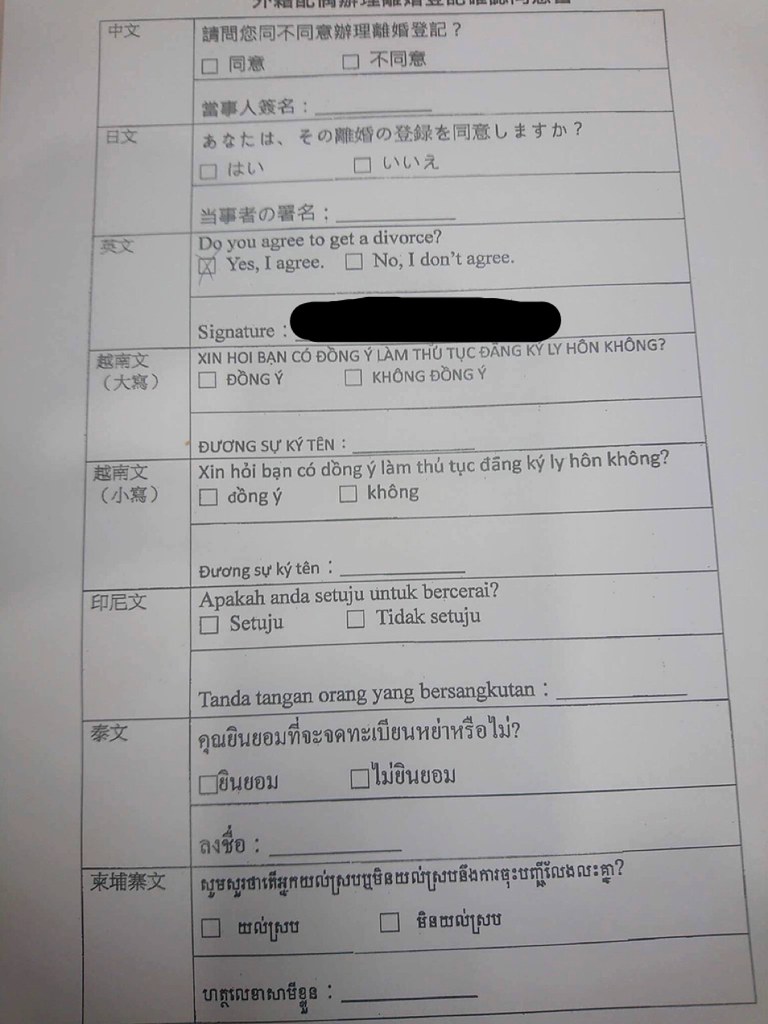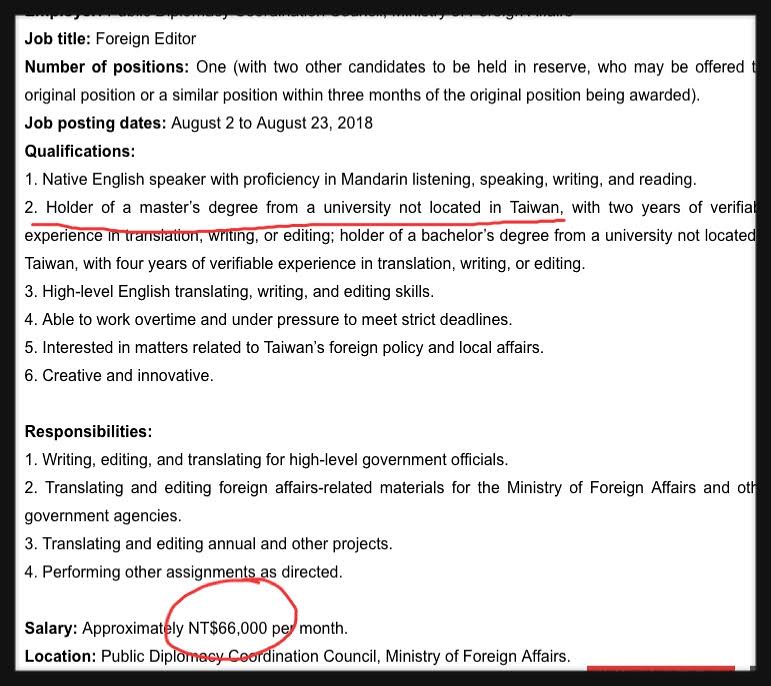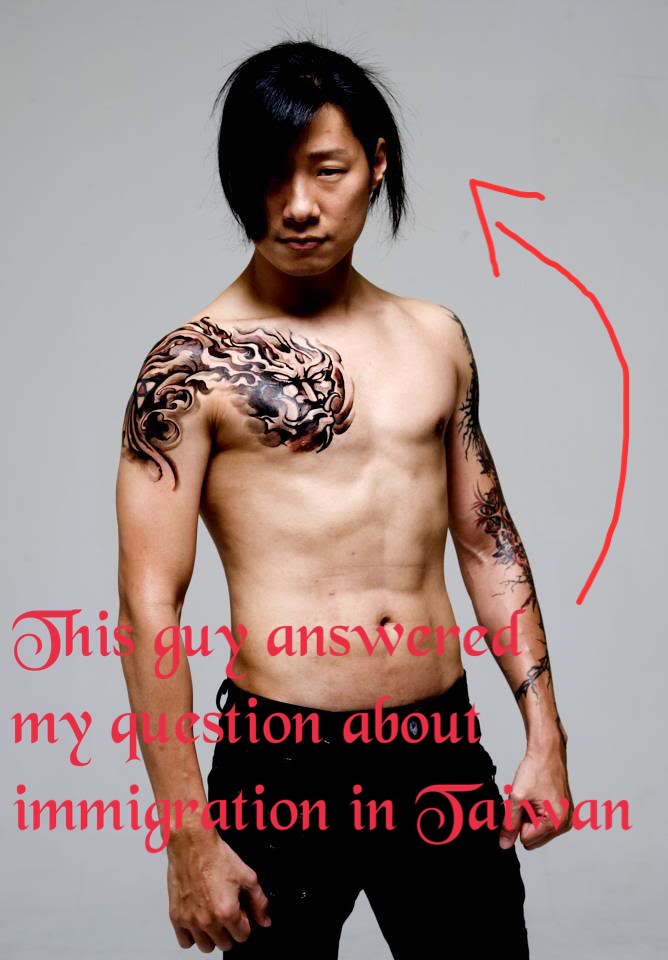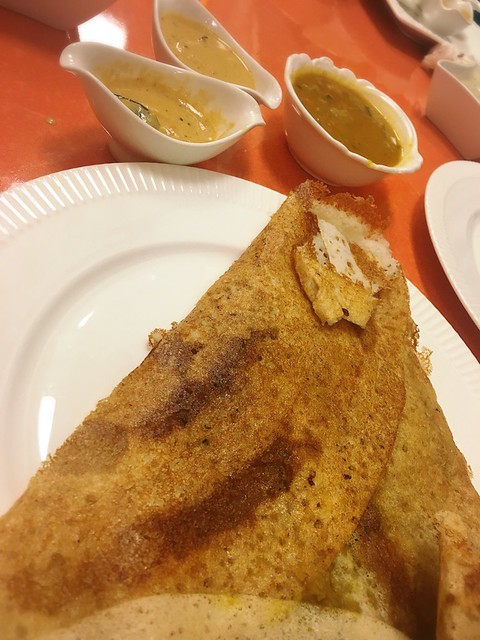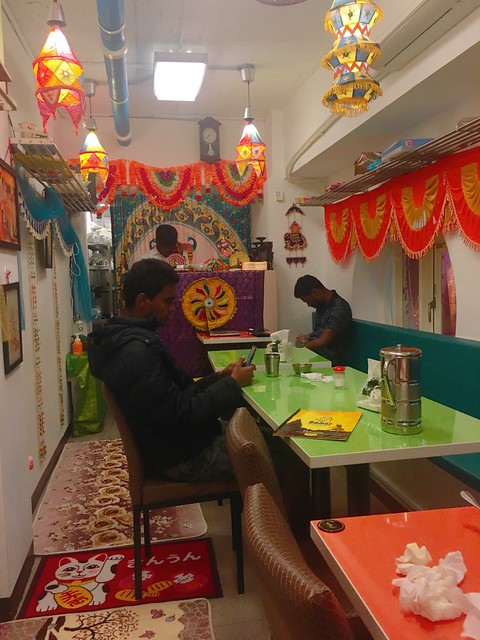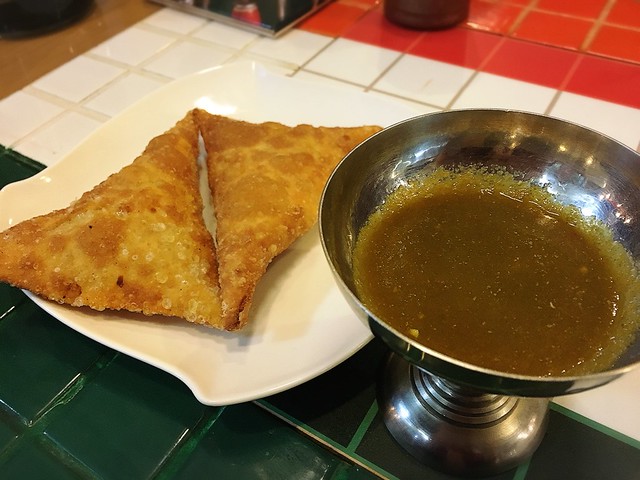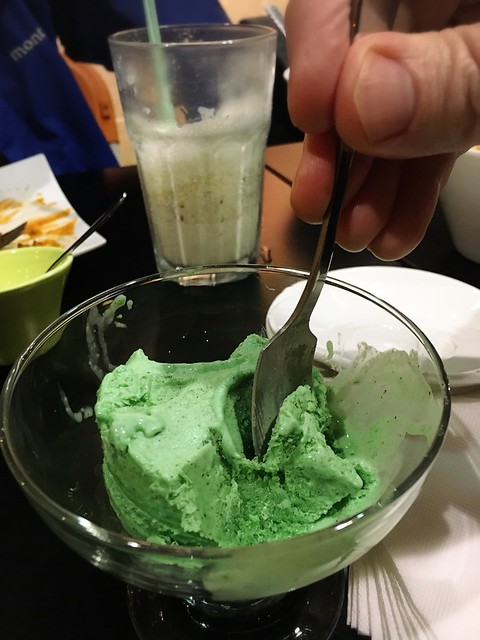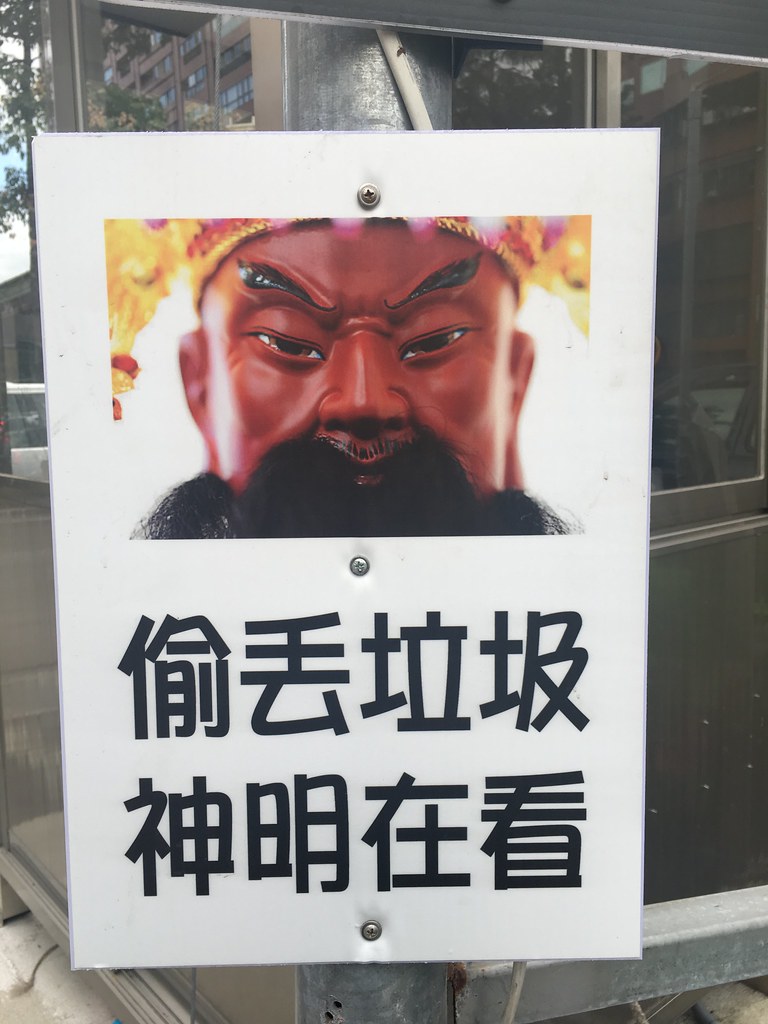As the fight for the opportunity to apply for dual nationality for all foreign professionals (and I hope someday all foreigners, including laborers) grinds on, I've noticed something about the pushback against this goal, who is against it, and why.
I started caring about dual nationality when I came to the realization that I wanted Taiwan to be my permanent home rather than a place I called home for a portion of my life before eventually leaving to live elsewhere. This happened soon after receiving permanent residency and realizing that, despite the word "permanent" in the name, that
it would not be sufficient to make it possible for me to actually remain in Taiwan.
I've gone over the reasons before here: the one-sentence summary is that retiring and living out my days in Taiwan will not be possible without the ability to buy an apartment, access to a pension system and ability to build a credit history. I can't do any of these things - either legally or simply because foreigners are discriminated against - with permanent residency alone.
When I began talking about this issue, I expected disagreement from locals. After all, it's their country and I moved here as an adult. It's to be expected that some Taiwanese will have a vision for their country that does not include our truly living here permanently, or that despite the fact that Taiwan is not the monoculture that people often think it is, that they might not want a more diverse or multicultural society. While I disagree with this, it is a possible viewpoint, and people are entitled to have opinions regarding what they want their country to be like even if I disagree - and even if their perspectives, if implemented, would hurt me directly. Most of my supporting points to my dual nationality argument addressed this assumed opponent: that Taiwan is already diverse (with data to prove this), that those who would seek to attain dual nationality would be fairly small in number and the vast majority are already here, so it wouldn't really change much in terms of the makeup of the Taiwanese citizenry but would be life-changing for us, that sort of thing.
I was pleasantly surprised to find that, on the contrary, Taiwanese people seem to generally have no problem with the idea of dual nationality for foreigners like me (a lot of the latent anti-foreigner sentiment is aimed at Southeast Asian migrant workers, however, and I do not mean to excuse this). In fact, most people I've talked to had assumed it was
already possible, and the reason that so few foreigners had dual nationality was because we hadn't applied, not that it was impossible. Although I'm sure the local opponents in my mind's eye exist, I have yet to meet them. Even within the government, the main issues seem to be a lack of prioritizing this issue coupled with fear of the unknown, not open opposition to the idea of dual nationals who do not have some sort of "Chinese" origin.
Instead, I have been shocked to learn that the most vocal opponents of dual nationality are
other foreigners.
I still struggle to understand why. It often comes across as long-termers crapping on other long-termers out of some sense of assumed superiority. I can't think of a reasonable reason why I have never met a Taiwanese person who opposes dual nationality - and I have talked about this with people across the political spectrum, from deep blue KMT to Hoklo nationalist to moderate to Sunflower - and yet have come across so many foreigners in Taiwan who do.
All I can say is that this attitude hurts all foreigners in Taiwan, hinders our progress, and shows a lack of understanding of how this issue is viewed locally, and hinders what sort of local assimilation is possible (although I do agree that total, perfect assimilation is not possible at this time - there are still a lot of assumptions about what a Taiwanese person looks like for that to happen right now).
With this in mind, here are a few of the points I've heard these anti-dual-nationality foreigners raise.
The most irritation iteration of this belief is the "superiority complex", that is, other foreigners in Taiwan who think that dual nationality is not necessary because we should be happy and willing to stay here and contribute as much as possible to Taiwan without asking for anything in return - and that to ask for immigration policy that matches the rules for born Taiwanese (who are allowed to hold dual nationality) is a selfish thing to do. I suspect people who hold this particular view see themselves as somehow selfless for putting up with a pointless and unnecessary double standard. That perhaps unrequited love for Taiwan - because Taiwan's immigration policies do not love us back - is somehow noble or right.
I reject this on its face: asking for fair-minded immigration policy in which both born and naturalized citizens have the same right to dual nationality is not selfish, it is asking simply for what is fair. It does not mean we don't want to contribute to Taiwan, or that we are here to mooch or that we want to get, get, get without giving. I don't think there is anything noble about accepting a system that discriminates against people like me. I don't believe in continuing unrequited love out of some sense of selflessness - that's just not what selflessness is - and I certainly don't believe in unconditional love. I am deeply uninterested in the "I'm A Better Selfless Foreigner" game.
This is also a strain of thought in which people who oppose something tend to think of those who want more rights, or fair rights, to be "entitled" (whereas they see themselves as "selflessly giving and working hard") rather than just normal people reasonably pointing out problems and unfair policies in a system created in China in the 1920s which does not suit 21st-century Taiwan. All I can say is that when I fight for fair immigration, I'm fighting for
their rights too, not just my own.
There are also the Straw Man Foreigners, who seem to think that supporting dual nationality means supporting anyone who shows up at the airport immediately being able to apply for citizenship. This is an obvious straw man - nobody thinks that - so all I'll say is that the general consensus seems to be that eligibility should begin after one has had permanent residency for at least 5 years. That's a 10-year commitment to even apply, and that seems quite fair to me.
There are also those who defend unsupported ideas: for example, those who believe that opening up dual nationality would cause a flood of people to come to Taiwan, or who think they are defending Taiwanese people whom they believe generally do not want many naturalized dual nationals. I've already covered the latter issue: it is simply not the case that Taiwanese people are generally against dual nationality for naturalized citizens. They are defending a viewpoint that is in the minority, acting as stewards of "what Taiwanese think" without actually considering what Taiwanese think.
Regarding the former issue, there is little evidence to support this. There aren't even many permanent residency holders, and the eligibility for that has opened up considerably. It was easier for my husband to apply just recently than it was for me to apply in late 2011! There has not been a corresponding uptick in foreigners moving here - most who come do eventually plan to leave, and those who would apply for dual nationality are generally already here.
This group also tends to ignore the blatant double standard of allowing dual nationality for one type of citizen (those born here, and those of Taiwanese or Nationalist diaspora ancestry who want to come here) but not another (those not born here whose ancestors did not flee China in the 1940s). They ignore the fact that someone who has never set foot in Taiwan but whose grandparents fled China with the Nationalists to some other destination can very easily get Taiwanese nationality without giving up their original citizenship, but those of us who have lived here for years cannot. They also ignore that people who were actually born and raised here are still considered "foreigners" despite their having a stronger connection to Taiwan than many who do qualify for dual nationality.
And, of course, they ignore the fact that, if China were ever to annex Taiwan, that foreigners who have renounced their original nationality will essentially be stateless - there is no way that China would give them citizenship, not that they generally want it. Taiwanese would end up becoming Chinese citizens, which sucks, but is marginally better than being stateless. Those who think renunciation is reasonable generally fail to think through this potential - if unlikely - scenario.
There are also those who think that they understand the lives of those who want dual nationality enough to assume that permanent residency is sufficient for them (which I've covered above), or that renouncing their original nationality is not too much to ask. I've covered the latter in previous posts, but the short of it is that, beyond the potential for statelessness should China ever annex Taiwan, if I give up my original nationality I have no way to return to take care of family long-term - and work at the same time, which I would have to do because I am not wealthy - should the need arise, which it probably will. A subset of this group has either already renounced and therefore thinks everyone is equally able to do so, or renounced but reclaimed their original citizenship and doesn't care that not everyone can do that.
Related to this, there are those who think dual nationality is not deserved because we wouldn't "fight for Taiwan" should it become necessary (yes, this an actual 'argument' I've heard). Leaving aside all of the issues related to this - fitness and training to fight, for example - this is exactly backwards. I personally would want to fight for a country that would give me citizenship, but don't see why I should fight for one that won't, and I doubt Taiwan would even allow non-citizens to take up arms in wartime. I'd even argue that naturalized citizens would be more willing to stay and fight than some locals who, given the chance, would leave at the first bomb drop.
And, of course, there are those who think that only superhero-level foreigners should be granted dual nationality, as though nothing short of renouncing all worldly attachments and going to work in a village in the mountains (and conjuring up food and shelter with no money, apparently, because in this scenario the selfless hero doesn't need to work?) is good enough. This argument tends to deify missionaries - as though they do what they do out of pure selflessness rather than for their ultimate goal of winning more converts to their religion - and kick down those foreigners whom I think deserve dual nationality the most: the ones who were born and raised here. It prioritizes those with an institutional advantage - a large religious organization paying their bills - and closes the door to anyone who does not believe in religion.
It also dismisses the contributions of regular foreigners to Taiwan which are similar to those that Taiwanese citizens make, and spits on the value of work, even though regular work is a part of what helps an economy grow, and there should be no problem with being financially independent, supporting oneself, being a part of the economy and paying taxes.
Again, I'm not sure why thee anti-dual-nationality foreigners make these arguments, or how they can make them sincerely, but that they do so shows that we are our own worst enemy: the problem is not merely convincing Taiwanese that we are worthy. They seem to be mostly already convinced. It's not only getting the government to act - although that is also important - it's that some foreigners here want to hold others back for no reason - well, no
good reason - that I can think of. I'm not interested in this whole "I'm a better foreigner because I don't want equal rights" or "they're better foreigners because the church pays for them to be up in the hills helping the poor whereas you pathetically have to work to earn money to live like a loser" or "you're so selfish and entitled for wanting a fairer system" game.
It is especially odd, seeing as they'd benefit from increased rights and fairer immigration policy too. If they didn't think it was important or didn't want or need it, fine, but then the sensible course of action is to not get involved. But to actively oppose people like you working towards something better? To want to continue the double standard? Why? I really don't get it.
I just hope we get what we want - fair-minded immigration policy - despite this inexplicable attitude from our own.
Fortunately, we don't need their support, and from my discussions with locals, we already have considerable local support.
